Search: + include / - exlude / * anything
eg: org* -xyz +uvw -> returns all entries with 'organizations' and 'uvw and not 'xyx'
eg: org* -xyz +uvw -> returns all entries with 'organizations' and 'uvw and not 'xyx'
18 Results Found
– domains tagged with 'Services'
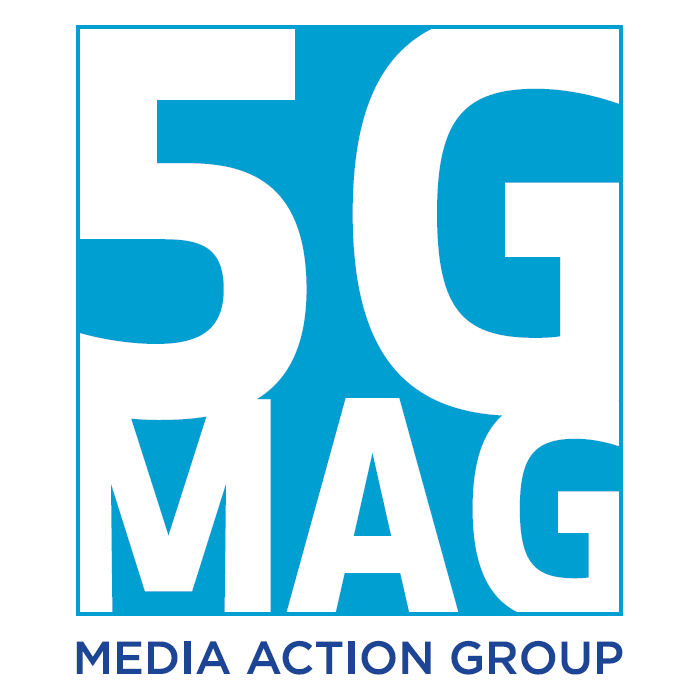
5G Media Action Group (5G-MAG) Association
5G-MAG (Media Action Group) fosters collaboration between the media and information and communication technology (ICT) industries. A core objective is to drive the market-oriented implementation of technologies for the connected media world, leveraging global Internet and 5G access technologies. The work spans from conception of a use case, service or application, up to implementation of proof-of-concepts and products. Stakeholders in the end-to-end value chain are welcome such as content and service providers, network operators, technology solution suppliers, software developers, equipment manufacturers, R&D organizations, universities, regulators or policy makers. 5G-MAG is an independent not-for-profit association with its own legal identity, funding, governance, and administrative rules. The seat of the association is in Geneva, Switzerland.
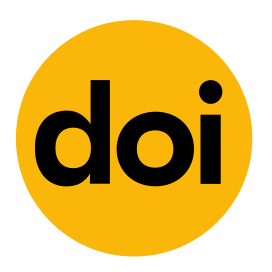
DOI Foundation
Founded in 1997, the DOI Foundation is a not-for-profit organization. We govern the Digital Object Identifier (DOI) system on behalf of the agencies who manage DOI registries and provide services to their respective communities. We are the registration authority for the ISO standard (ISO 26324) for the DOI system and we are governed by our Registration Agencies. The DOI Foundation is an international community of communities bound by a common interest in persistent infrastructure. So far, we have welcomed agencies that manage communities spanning entertainment, standards, the built environment, natural history collections, scholarly communications, and research data.
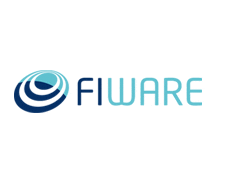
FIWARE Foundation e.V.
FIWARE Foundation drives the definition - and the Open Source implementation - of key open standards that enable the development of portable and interoperable smart solutions in a faster, easier and affordable way, avoiding vendor lock-in scenarios, whilst also nurturing FIWARE as a sustainable and innovation-driven business ecosystem.
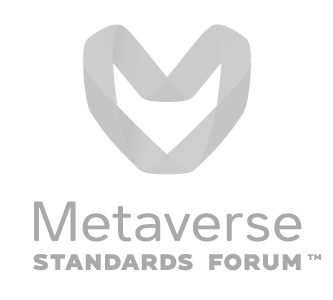
International Telecommunication Union (ITU)
The International Telecommunication Union (ITU) has been at the forefront of global technology standardization for almost 160 years. With a membership of 194 member states and more than 1000 companies, universities, and international and regional organizations the ITU serves as the primary international platform for all stakeholders to work together to ensure that the metaverse can be harnessed for the benefit of all, while minimizing potential risks and promoting sustainable development.
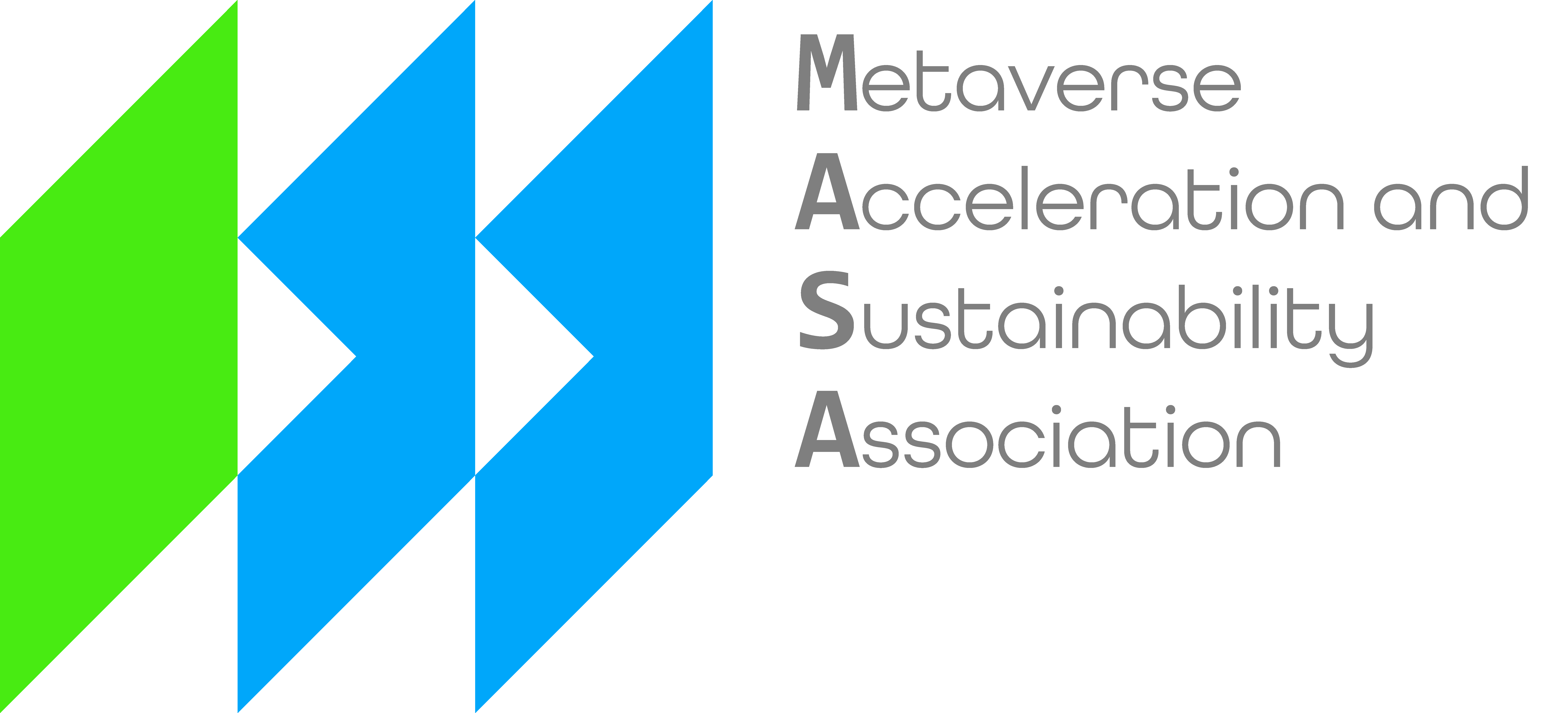
Metaverse Acceleration and Sustainability Association, Inc.
The mission of the Metaverse Acceleration and Sustainability Association (MASA) is to undertake activities to accelerate the development of metaverse-related technologies, ecosystems and markets across the world, and to do so in a sustainable manner, supporting sustainable development goals. Our workstreams include but are not limited to: - Landscape, Outlook, and Roadmaps - Open Standards, Conformity Assessment and Certification - Open-Source Reference Implementations and Pilot Applications - Digital Assets Pool and Exchange - Innovation-Driving Competitions and Rankings - Advocacy and Lobbying for Broad Acceptance and Adoption - Coordination for Responsible Development: Safety, Privacy, Ethics, Inclusion, and Sustainability - Metaverse Commercialization, Capitalization, and Monetization

MPEG (under ISO/IEC JTC1/SC29)
MPEG is the group that develops standards for coded representation of digital audio, video,3D Graphics and genomic data. Since its establishment in 1988, the group has producedstandards that help industry offer end users an ever more enjoyable digital mediaexperience.

OMA3
Create standards, software repositories, and infrastructure for the Web3 metaverse

Open AR Cloud
All real-world to digital world related use-cases that could benefit from open standards, protocols, architectures and best practice guidelines.
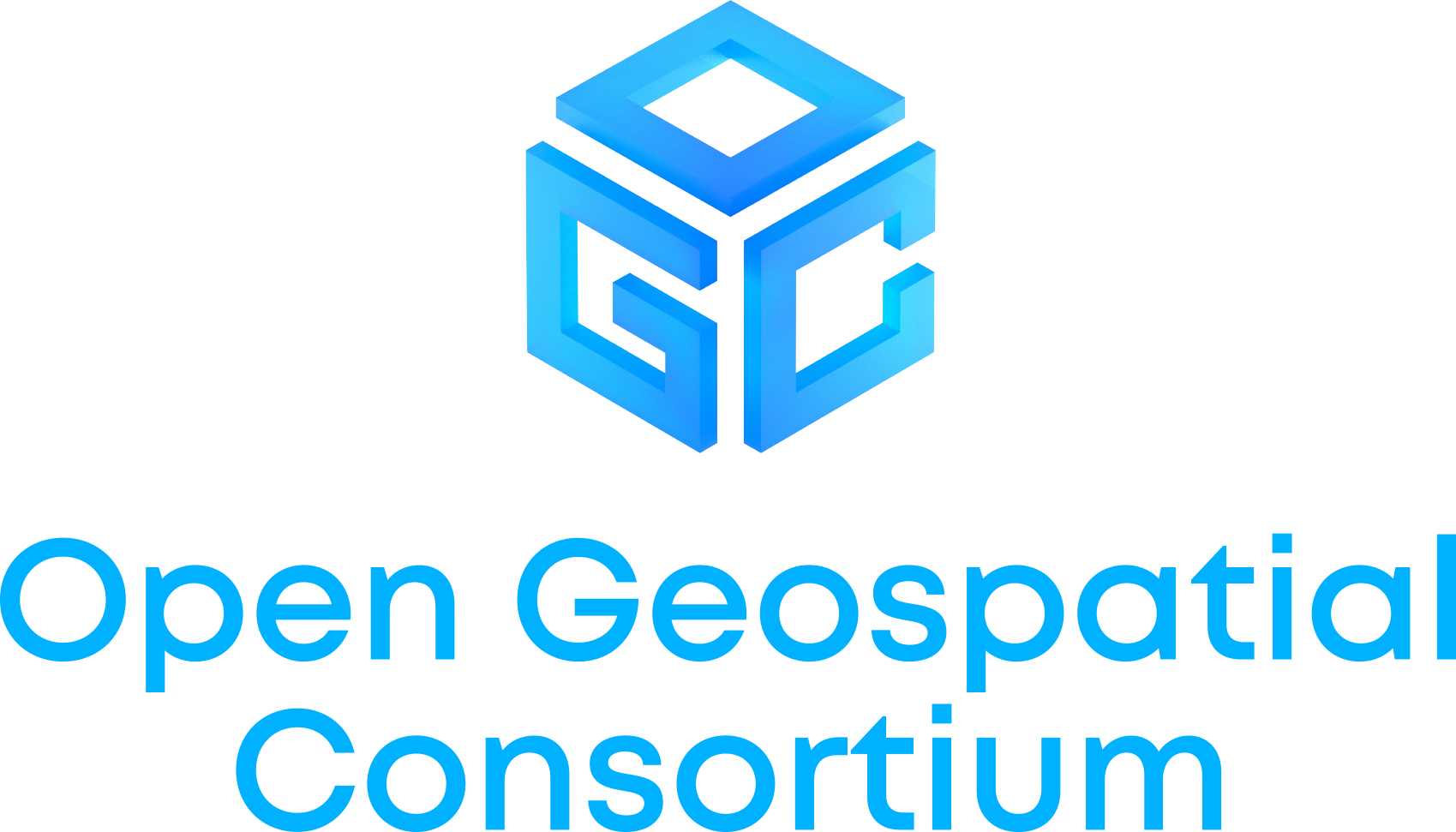
Open Geospatial Consortium, Inc.
The Open Geospatial Consortium (OGC) is an international consortium of more than 500 businesses, government agencies, research organizations, and universities driven to make geospatial (location) information and services FAIR - Findable, Accessible, Interoperable, and Reusable. OGC's member-driven consensus process creates royalty free, publicly available, open geospatial standards. Existing at the cutting edge, OGC actively analyzes and anticipates emerging tech trends, and runs an agile, collaborative Research and Development (R&D) lab - the OGC Innovation Program - that builds and tests innovative prototype solutions to members' use cases.

Open Metaverse Foundation
Open Source software projects for the Open Metaverse

Open Metaverse Interoperability Group (OMI Group)
The Open Metaverse Interoperability Group is an open source community of industry professionals, independent creators, and passionate enthusiasts whose goal is to build interoperable technology together. OMI's mission is to bridge virtual worlds across interfaces & technologies by researching, designing & promoting protocols for identity, social graphs, inventory, and sharing of creative work in the 3D web & open metaverse.

Spatial Web Foundation, Inc
The Spatial Web Foundation (SWF) is dedicated to ethical development and use of technology, particularly in the creation and implementation of the Spatial Web Protocol.
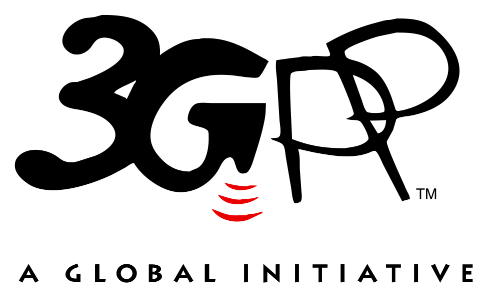
The 3rd Generation Partnership Project (3GPP) (ARIB, ATIS, CCSA, ETSI, TSDSI, TTA, TTC)
The 3rd Generation Partnership Project (3GPP) unites seven telecommunications standard development organizations (ARIB, ATIS, CCSA, ETSI, TSDSI, TTA, TTC), known as "Organizational Partners" providing their members with a stable environment to produce the Reports and Specifications that define 3GPP technologies. 3GPP specifications cover cellular telecommunications technologies, including radio access, core network and service capabilities, which provide a complete system description for mobile telecommunications. The 3GPP specifications also provide hooks for non-radio access to the core network, and for interworking with non-3GPP networks. Within the 3GPP Technical Specification Group Service and System Aspects (SA), the main objectives of the 3GPP TSG SA WG4 (SA4) are the specifications of codecs for speech, audio, video, graphics and other media types related to emerging services such as extended realities (XR) and gaming, as well as the system and delivery aspects of such contents. These objectives includes defining content formats and delivery protocols for unicast, multicast and broadcast streaming, cloud and edge computing architectures, media APIs, media handling in multimedia telephony, terminal acoustics requirements and performance testing, end-to-end service performance, objective and subjective quality testing, quality of experience (QoE) metrics, definition of traffic characteristics for media services, reporting for all services involving media aspects, and the use of artificial intelligence and machine learning models for multimedia. SA WG4 is currently responsible for the XR-based services and traffic characteristics, Next Generation Video for 5G, Media Distribution over 5G unicast/multicast and broadcast, Media Cloud and Edge Processing in 5GS, Glass-based Augmented Reality, VR conferencing, Immersive Voice and Audio Services and Extension for headset interface tests of UE.

The Calendaring and Scheduling Consortium
CalConnect is a non-profit standards body for collaborative technologies.

TM Forum Metaverse Moonshot Catalyst DBM6
Refine an open digital architecture to synergize virtual and physical traveler ecosystems

Virtual Dimension Center (VDC) w.V.
Network / cluster management in the field of XR: Our non-for-profit organisation comprises approx. 100 institutional members of XR end users, XR technology providers and XR research labs. Main goals of VDC business is first to support networking between our member organisations and second XR technology transfer to the industry, in particular to SMEs. We focus on B2B XR thus not XR gaming or XR entertainment. We provide the German XR community with relevant information on XR, including relevant norms, standards, guidelines on XR. We do formulate position papers adressed to politics and administration to foster XR usage. Latest position papers included XR standardisation needs and XR user interface design needs. We are active in XR standards mapping. We are member of Khronos, IEEE and DIN e.V.

Wabi Foundation
An American nonprofit organization dedicated to fostering the growth of the open-source Metaverse, founded upon universal interoperability of open standards and protocols, decentralized away from individual corporations and government regulations.
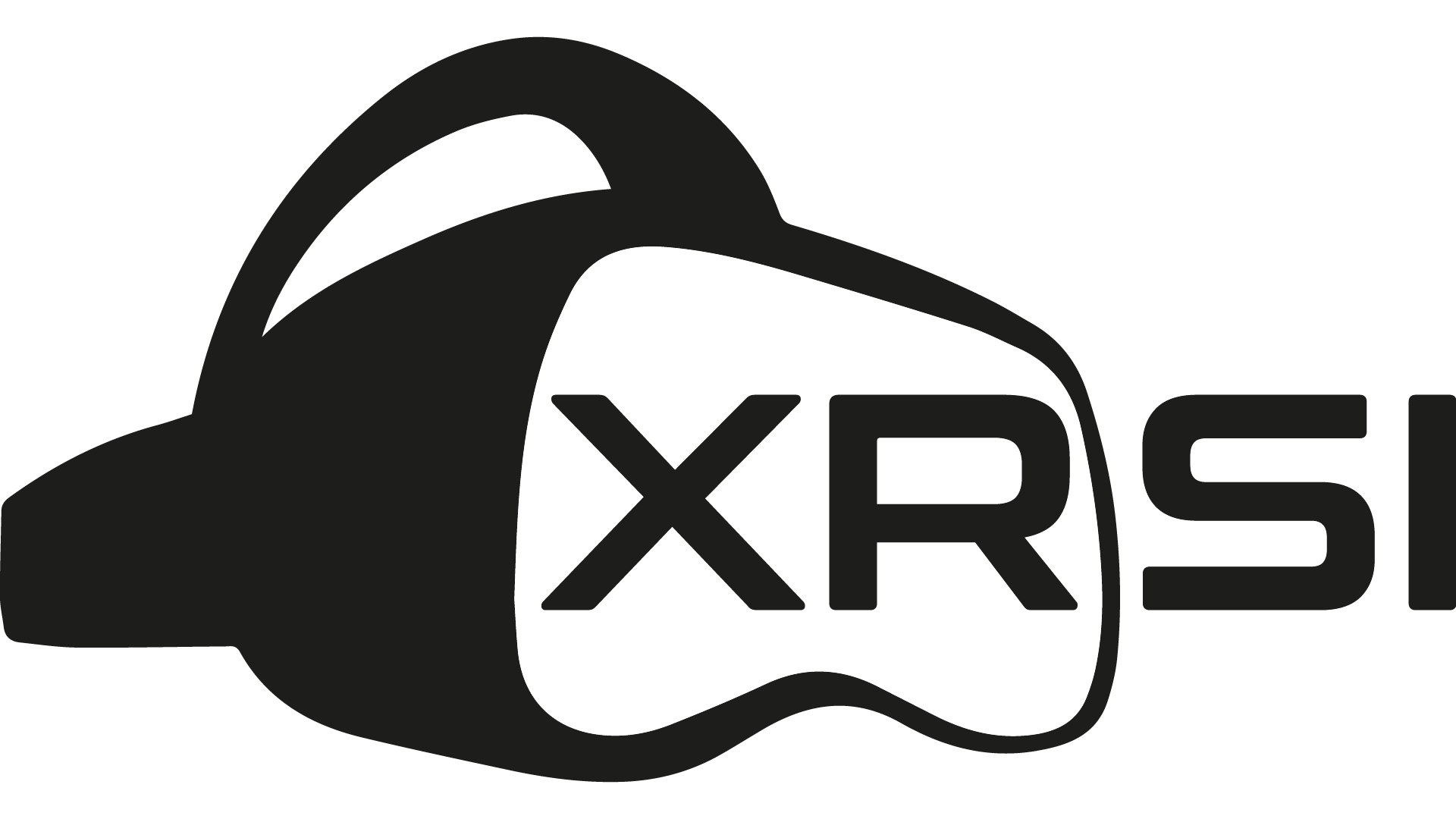
XR Safety Initiative - XRSI
XR Safety Initiative (XRSI) is a 501(c)(3) global non-profit Standards Developing Organization(SDO)that offers advisory services to promote privacy, security, and ethics in the emerging technology domain. XRSI's mission is to help build safe and inclusive emerging tech ecosystem.